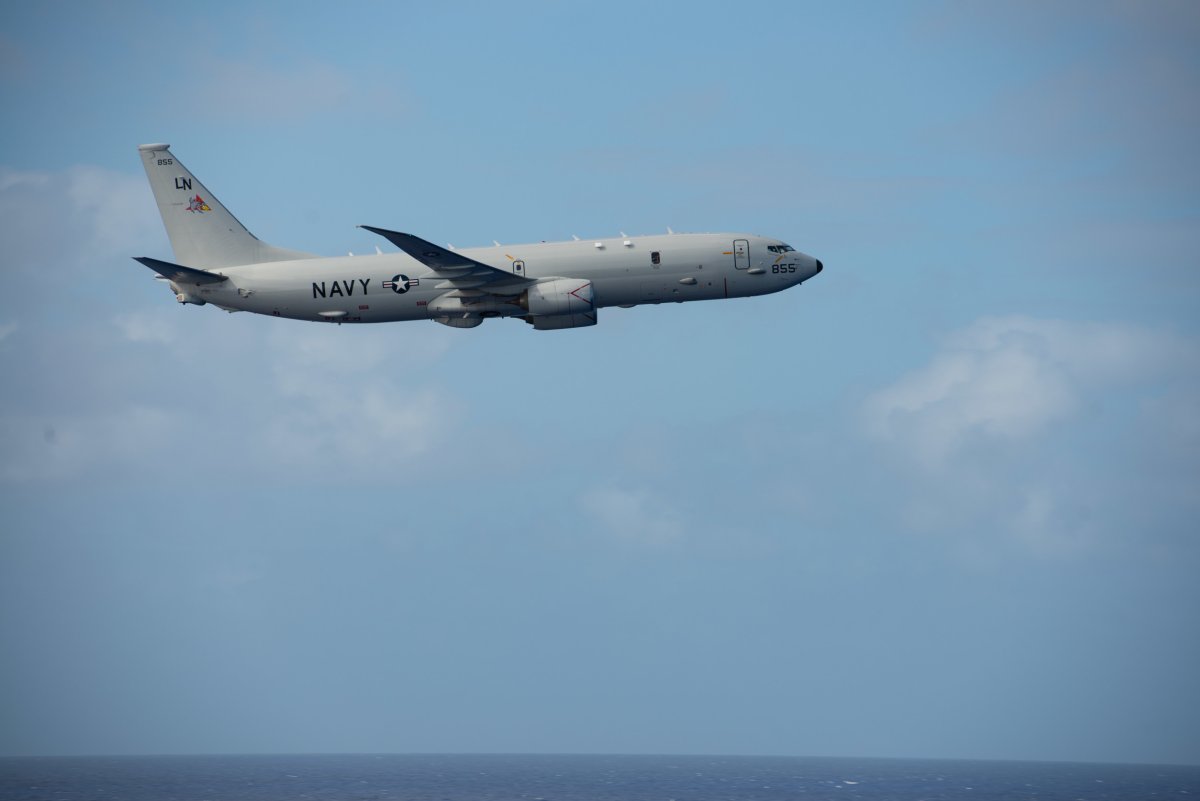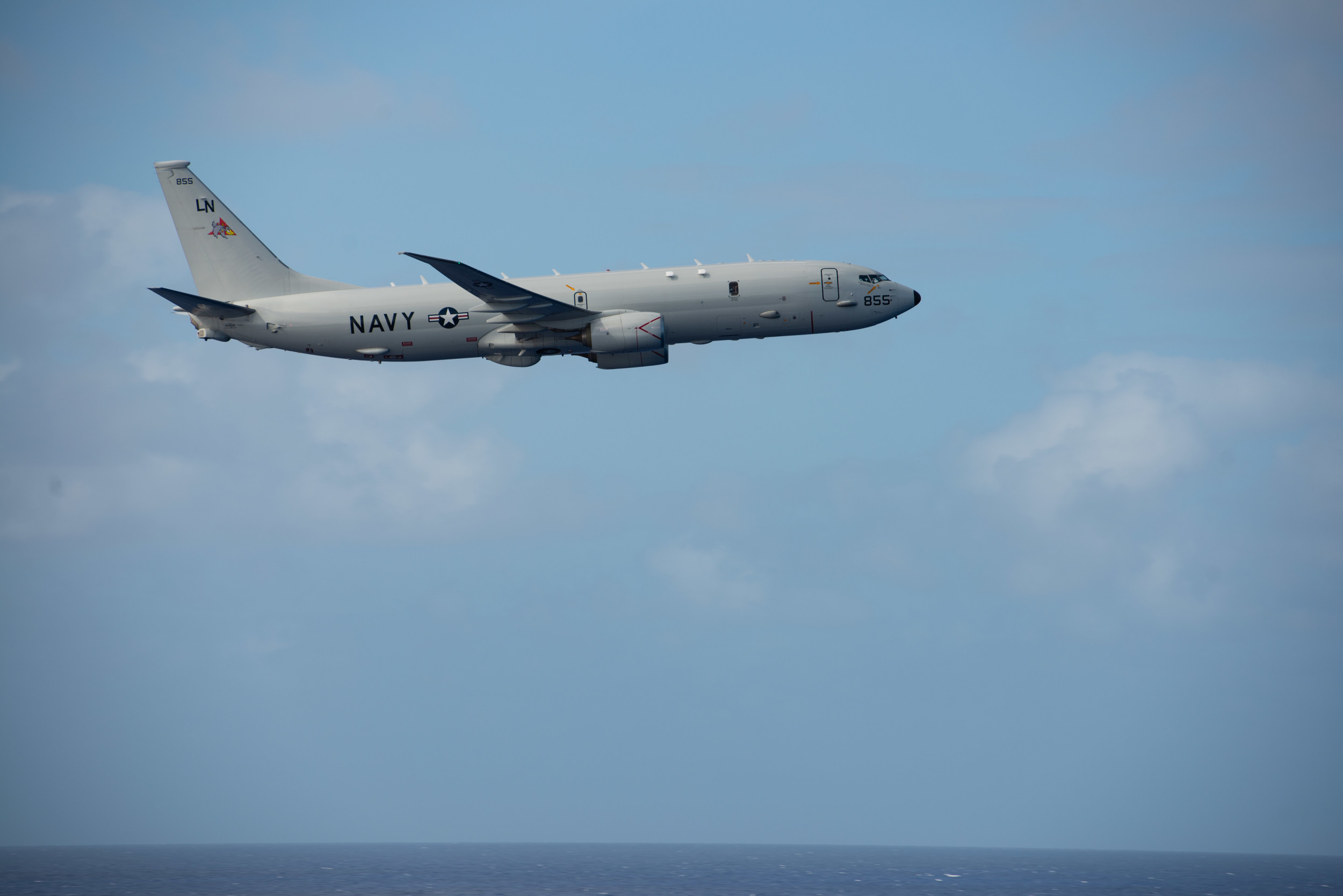This Tuesday, the United States dispatched a military aircraft to patrol the Taiwan Strait, following discussions between defense officials from both nations regarding the region’s tensions.
The U.S. Navy reported that a P-8A “Poseidon” aircraft, designed for anti-submarine and surface warfare, as well as intelligence and reconnaissance, flew over the Taiwan Strait in recognized international airspace.
The Taiwan Strait, a 110-mile-wide separation between Taiwan and mainland China, is linked to broader territorial disputes involving China, Japan, and the Philippines in the East China Sea and South China Sea.
China views Taiwan as a breakaway province and maintains a firm stance on using military force over cross-strait matters. The Chinese military asserts that the Taiwan Strait falls under its jurisdiction and regularly operates in the area.
The Eastern Theater Command of the Chinese military announced that it dispatched warplanes to monitor the U.S. aircraft, assuring that its forces would remain vigilant.
The U.S. Navy defended its actions by stating that its operations within the Taiwan Strait adhere to international law, emphasizing the importance of navigational rights for all nations. The U.S. military asserts that it operates freely wherever international law permits.
Frequent U.S. military transits through the Taiwan Strait also include the recent use of the destroyer USS Ralph Johnson on August 22, where it navigated through an area beyond the territorial waters of both Taiwan and China.
Notably, on Friday, Germany sent two warships through the Taiwan Strait, disregarding Chinese warnings. German Defense Minister Boris Pistorius affirmed that the strait is international waters and the most direct route for naval transit.

Mass Communication Specialist 2nd Class Caitlin Flynn/U.S. Navy
This recent U.S. military transit followed a meeting between Chinese and American defense officials in Beijing over the weekend, focusing on defense relations and regional security issues.
During the discussions, Michael Chase, the deputy assistant secretary of defense for China, Taiwan, and Mongolia, highlighted the necessity of maintaining peace across the Taiwan Strait and the importance of respecting navigational freedoms under international law, according to the Pentagon’s statement.
The Chinese delegation was led by Major General Ye Jiang, who discussed mutual concerns with the U.S. representatives.
